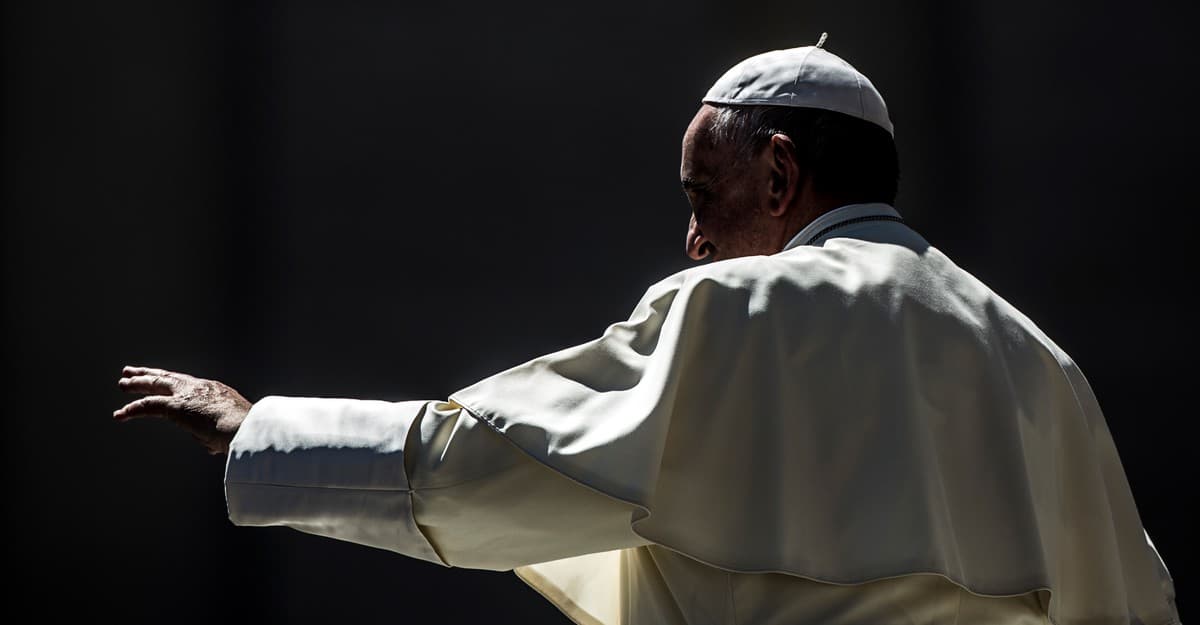Garry Kasparov Urges Pope Francis to Name Russia as Aggressor in Ukraine, Citing Papal Precedent

Former chess grandmaster and outspoken Kremlin critic Garry Kasparov has publicly challenged Pope Francis, calling for the Pontiff to explicitly name Russia as the perpetrator of "death and destruction" in Ukraine. In a recent tweet, Kasparov questioned the Pope's diplomatic approach, suggesting that a failure to identify the aggressor hinders global efforts to aid the good in the world and challenge evil.
Kasparov, a prominent human rights activist and co-founder of the Free Russia Forum, directly addressed the Pope, stating: > "Who is committing this death and destruction, Your Holiness? A nameless or unidentifiable force? No, Russia, and we cannot aid the good in this world without naming and challenging the evil." He emphasized the need for clear attribution, drawing a historical parallel to Pope John Paul II, who "did not shy from naming the horrors of Communism," implying a call for similar moral clarity from the current Pontiff.
Pope Francis has consistently called for peace and expressed solidarity with the "martyred Ukrainian people" since Russia's full-scale invasion in February 2022. However, his diplomatic approach has often focused on humanitarian suffering and calls for dialogue, frequently avoiding direct condemnation of Russia or President Vladimir Putin by name. This nuanced stance has drawn recurring criticism, particularly from Ukraine and its allies.
A notable instance of this controversy occurred in March 2024, when Pope Francis suggested in an interview that Ukraine should have the "courage of the white flag" to negotiate an end to the war. This remark was widely interpreted as a call for Ukrainian surrender, sparking strong condemnation from Kyiv, with Ukrainian President Volodymyr Zelenskyy asserting that it is Russia "who has to stop for the war to end," and Foreign Minister Dmytro Kuleba declaring Ukraine "shall never raise any other flags" except its national flag.
The Vatican later issued clarifications, with spokesman Matteo Bruni stating that the Pope used the term "white flag" to indicate "a stop to hostilities (and) a truce achieved with the courage of negotiations." Vatican Secretary of State Cardinal Pietro Parolin further affirmed that Russia "should first and foremost cease fire," explicitly identifying Russia as the "aggression" and the war as "unjust." Despite these efforts to contextualize the Pope's remarks, the debate persists regarding the Holy See's traditional diplomatic neutrality versus the moral imperative to name an aggressor in a conflict of this scale.
The comparison to Pope John Paul II by Kasparov highlights a perceived difference in papal diplomacy. John Paul II was renowned for his unequivocal condemnation of totalitarian regimes, particularly Soviet Communism, a stance widely credited with inspiring dissent and contributing to the collapse of Soviet-bloc states. Kasparov's tweet reflects a broader international desire for similar directness from the current Pontiff, emphasizing accountability and the clear identification of actors in the ongoing conflict.